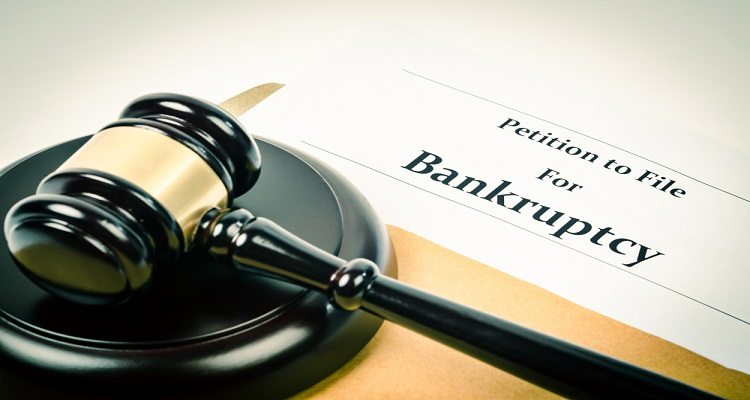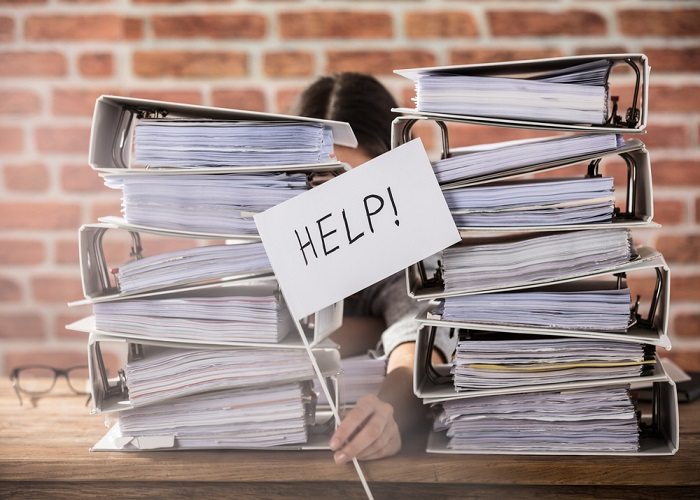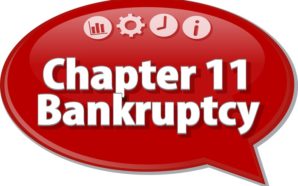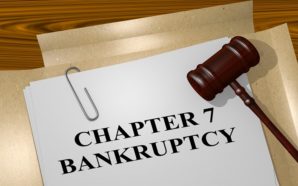How Often Can You File For Bankruptcy?

There are situations when you have no choice but to file for bankruptcy again. You have an emergency due to which funds are used up. Or you lose your job and can’t find another one and debts begin piling up again. There are many, many valid reasons why a person might go bankrupt again. So then you need to know, how often can you file bankruptcy?
Federal law regarding bankruptcy puts a limit on how often you can file for bankruptcy. And even if you are eligible to file for bankruptcy again, there will be consequences. The automatic stay that protected during your first bankruptcy filing may be either delayed or restricted.
How often can you file bankruptcy?
You can definitely file for bankruptcy again in the need is dire. However, how often will depend on a number of factors:
- What type of bankruptcy case you filed for previously
- What type of bankruptcy case are you planning to file now
- Did your previous case result in a discharge?
If your previous filing was dismissed without a discharge, then you can file for bankruptcy immediately – subject to certain restrictions which we will address later.

If your previous filing was discharged, then the table below will explain when you can file for another bankruptcy:
| Previous Filing | New Filing | Time Limits |
| Chapter 7 | Chapter 7 | You have to wait 8 years after having filed your previous case. |
| Chapter 13 | Chapter 13 | You have to wait at least 2 years before filing for bankruptcy again. This is because a Chapter 13 proceeding typically takes 3 to 5 years to be completed. |
| Chapter 7 | Chapter 13 | You have to wait at least 4 years before filing for a Chapter 13 bankruptcy case. |
| Chapter 13 | Chapter 7 | You need to wait at least 6 years before you can file for bankruptcy again. However, in this case, if you tried your best to pay off your debts according to your proposed plan and were able to pay off at least 70% of your debt, this time limit could be reconsidered |
Chapter 13 case dismissed
When you are unable to complete your payment plan in a Chapter 13, you will not be granted a discharge of your debts. The exception to this rule is if you request for and are granted a hardship discharge. A hardship discharge is given when you have been unable to make your payments but it was due to circumstances that were out of your control, such as a loss of income or a disability.
In you are not granted a hardship discharge, you case will be dismissed. Once your Chapter 13 case is dismissed, you may apply for bankruptcy again. In fact, some debtors use this rule to file for a Chapter 13 repeatedly.
To prevent such misuse of the bankruptcy protection from creditors, the Bankruptcy Code limits how the automatic stay can be used.
- If one Chapter 13 case was dismissed in the last 12 months, then you will get the benefit of an automatic stay if you apply another Chapter 13 – but it will be in effect for only 30 days. After, that, you need to request the court to extend the automatic stay.
- If two Chapter 13 cases were dismissed in the last 12 months, then you will not get the benefit of an automatic stay at all – unless you request the court for it. If you file for a third case in this situation, then it will not stop your creditors from putting pressure on you.
Filing Repeated Bankruptcies has consequences
Even if you wait the stipulated amount of time before filing for bankruptcy again, there will be consequences. Your bankruptcy trustee and your creditors will examine all your prior cases to assess whether you are committing fraud or trying to take advantage of the system.
If you are a serial filer, then the court may even immediately dismiss your case and add a proviso that you cannot file another bankruptcy case for a certain period of time. In extreme cases, the bankruptcy courts have even prevented an applicant from ever being able to file for bankruptcy again.











